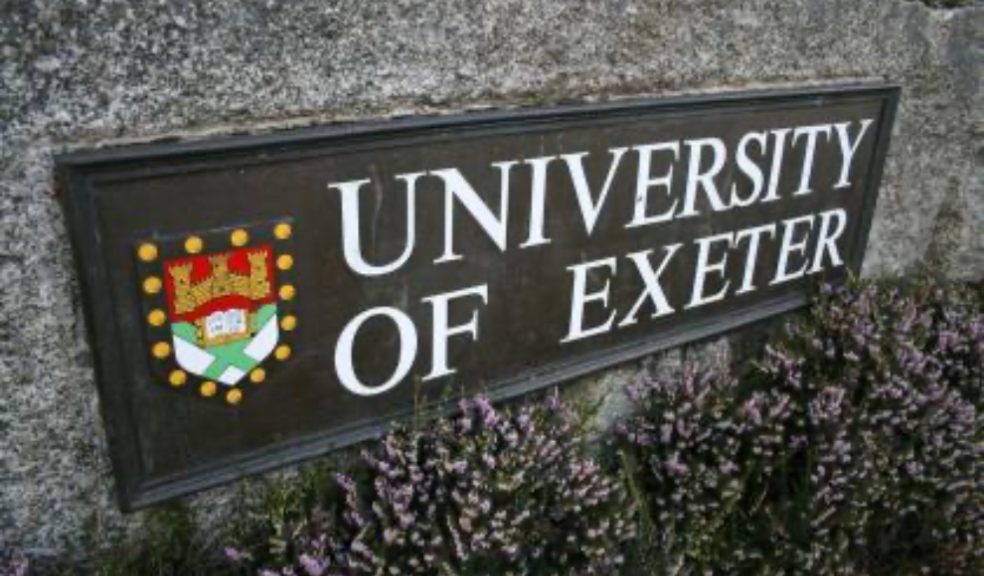
University of Exeter honoured in UK Social Mobility Awards
The University of Exeter has won recognition for its commitment to achieving success for students, the work of staff with thousands of young people around the country, and for leading regional initiatives to boost social mobility.
The recognition came with Silver Awards for Leadership and for University of the Year in the UK Social Mobility Awards. The UK Social Mobility Awards recognise and celebrate UK organisations that are making strides and creating initiatives to advance social mobility within their own workforce or beyond it.
The University of Exeter silver awards celebrate the priority given to widening access to higher education and enabling pupils across the region and students to realise their potential regardless of background. The awards also recognise the University’s role in shining a light on inequalities within the South West and leading the South West Social Mobility Commission.
Nicola Sinclair, Head of Access, Participation and Outreach and Director (Practice) of the Centre for Social Mobility, said: “We are pleased our work has been recognised as part of these prestigious awards. Improving access to higher education and supporting our students through challenges such as the cost of living crisis and the coronavirus pandemic is our priority. We are committed to working with our regional partners to improve opportunities within the South West and it’s wonderful that was recognised by the UK Social Mobility Awards.”
Professor Tim Quine, Vice President and Deputy Vice Chancellor (Education and Student Experience), said: “We have set out our strategic ambition for ‘Success for All Our Students’ and seen university-wide engagement with this commitment. Therefore, we are delighted by this recognition of the hard work, innovation and determination across our community to enable this generation of students and the next to reach their potential and their goals.”
Work at the University of Exeter to support social mobility in Devon and Cornwall includes the South West Social Mobility Commission, which has brought together employers, politicians and experts to build strategies for tackling systemic disadvantage and influencing organisational decision-making across the region. This work has been spearheaded by Professor Lee Elliot-Major from the University’s Centre for Social Mobility who is a leading voice in national debates about how to improve outcomes for disadvantaged pupils through education.
The Success for All programme aims to address inequities at each stage of the student journey, from pupil attainment and accessing higher education, through academic support and success at University, through to graduate-level employment.
This year more than 1,000 children have taken part in the University of Exeter’s fair access schemes including Exeter Scholars, Realising Opportunities and Pathways to Law, which are designed to give them the knowledge, skills and confidence they need to progress to higher education.
In addition staff and academics have worked with a further 4,500 learners in teaching enrichment workshops, subject conferences and skills sessions in schools. A total of 2,500 students from 154 schools have taken part in the University of Exeter’s open access online outreach platform, Discover University.
The Exeter Cares scheme offers practical, financial and wellbeing support for mature, care experienced and estranged students, asylum seekers and student carers.
Measures to minimise the impact of the cost of living crisis for University of Exeter students includes an increase in student financial support, cheap meals and groceries in university outlets, free sanitary products, low cost and free extra-curricular and sporting activities, and community larders.
The winners of this year’s UK Social Mobility Awards were determined by an independent judging panel, made up of leading figures from business, charity, and the public sector. The judging panel was chaired by the HM Lord Lieutenant of London, Sir Kenneth Olisa OBE.














